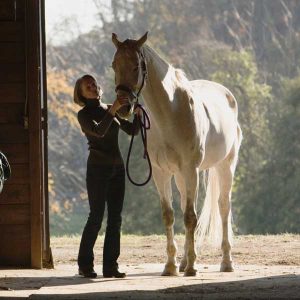
Choosing Supplements for Senior Horses That Have Trouble Maintaining Weight
Horses 18 years of age and older are considered geriatric or senior horses. Some horses, like some humans, age more...
» View Article
Horses 18 years of age and older are considered geriatric or senior horses. Some horses, like some humans, age more...
» View Article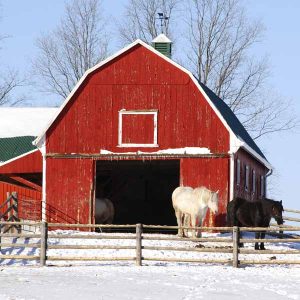
Here are five tips to make sure your feed room and hayloft are ready for winter. 1. Clean out your...
» View Article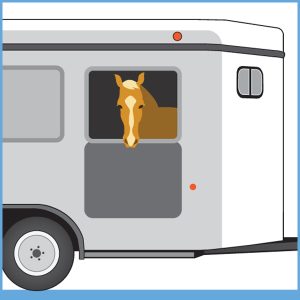
Traveling is harder on your horse than you think. Tired, stressed horses are more likely to hurt themselves in the...
» View Article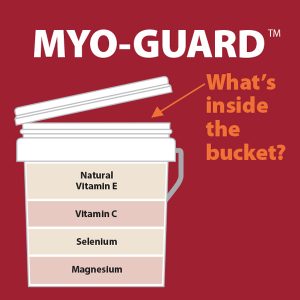
Myo-Guard was developed to sustain optimal performance in horses of all types. It provides a blend of antioxidants that support healthy muscle function during training and competition. Horses with healthy muscles have more stamina and strength, are quicker to recovery after vigorous exercise, and are less likely to develop muscle disorders.
» View Article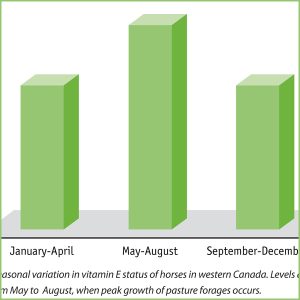
Horses are managed in varying conditions throughout the world. A vast number of them do not have access to growing...
» View Article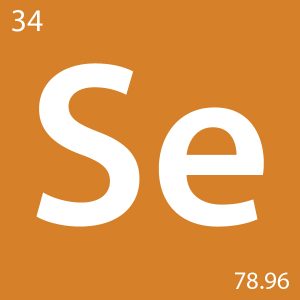
Selenium is an essential trace mineral. It is necessary to maintain good health but is needed only in small amounts....
» View Article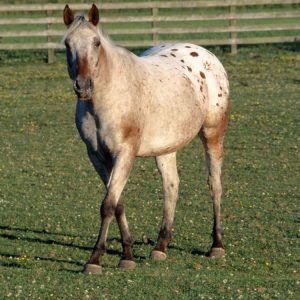
The most important function of vitamin E in the horse’s body revolves around its antioxidant properties. Antioxidants offset the damage...
» View Article
Thoroughbreds in training produce large amounts of free radicals that can damage cell membranes in the muscle. To defend against free radicals, horses use antioxidants like natural vitamin E and selenium to hunt the free radicals and render them harmless.
» View Article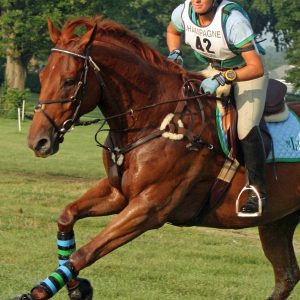
As equine athletes, our horses constantly run the risk of injury. When injury occurs, the horse is faced with a...
» View Article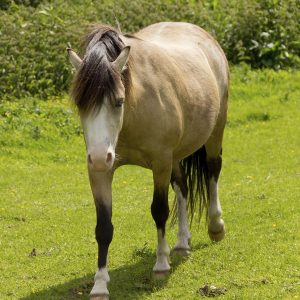
Many owners are unaware that a handful of concentrate a day does not come close to providing all the nutrients...
» View Article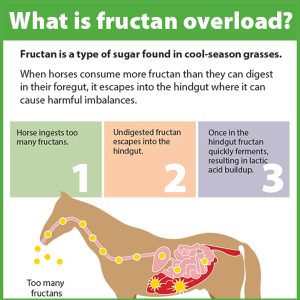
Fructan is a type of sugar found in cool-season grasses. When horses consume more fructan than they can digest in their foregut, it escapes into the hindgut where it can cause harmful imbalances.
» View Article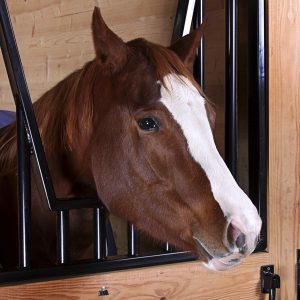
Whether a racehorse needs some downtime from the rigors of track life or a show jumper is on stall rest...
» View Article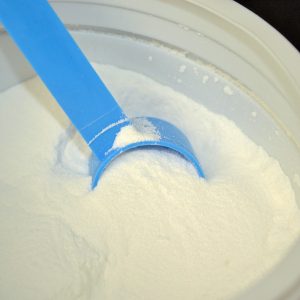
A scoop of Elevate Maintenance Powder contains 1,000 IU of natural vitamin E and 7 grams of sugar. This is...
» View Article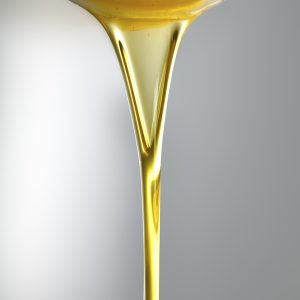
No, it is not necessary to provide additional fat or oil to your horse when supplementing with the natural vitamin...
» View Article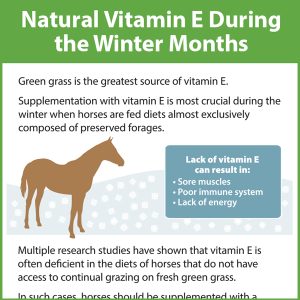
Green grass is the greatest source of vitamin E. Supplementation with vitamin E is most crucial during the winter when horses are fed diets almost exclusively composed of preserved forages.
» View Article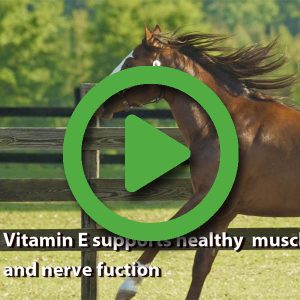
Elevate® was developed to provide a highly bioavailable source of natural vitamin E to horses. Vitamin E, a powerful antioxidant,...
» View Video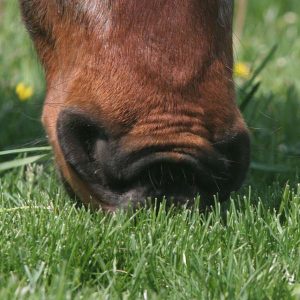
A good general rule to apply is this: The “average” horse needs to graze for approximately 17 hours per day...
» View Article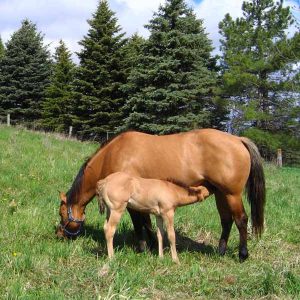
When a mare passes antibodies (immunoglobulins) on to her foal, it is known as passive transfer. These antibodies help to...
» View Article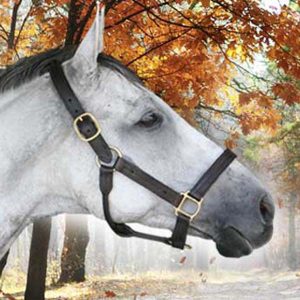
As the seasons change, so do the quality and content of your horse’s feeding program. Winterizing your horse with Kentucky...
» View Article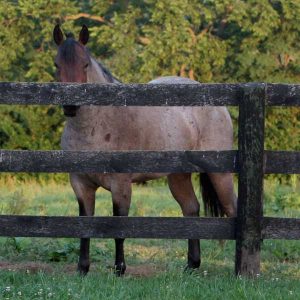
A better understanding of how the horse’s digestion system works has revealed that balancing forage intake with concentrate intake is...
» View Article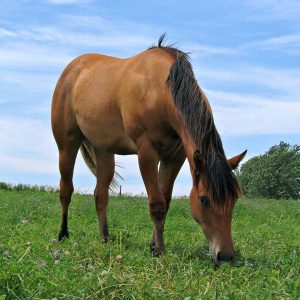
What is laminitis? Laminitis occurs when the tissues that connect the coffin bone to the hoof wall, called the laminae,...
» View Article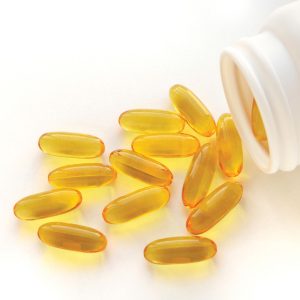
One human study showed that high doses of vitamin E might be risky; does this mean our horses are also...
» View Article
"*" indicates required fields